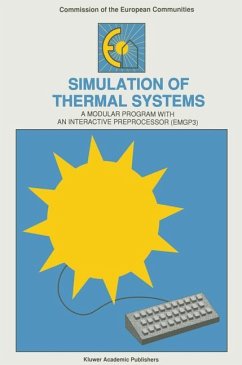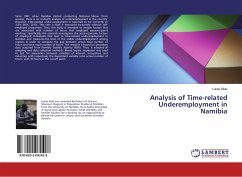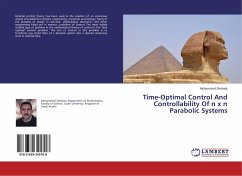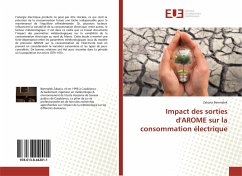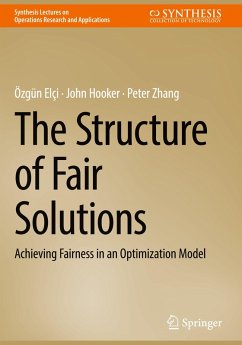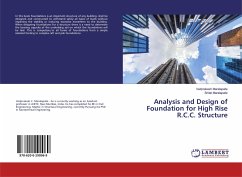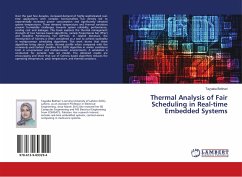
Thermal Analysis of Fair Scheduling in Real-time Embedded Systems
Versandkostenfrei!
Versandfertig in 6-10 Tagen
27,99 €
inkl. MwSt.

PAYBACK Punkte
14 °P sammeln!
Over the past few decades, increased demand of highly sophisticated real-time applications with complex functionalities has directly led to exponentially increased power consumption and significantly elevated system temperatures. These elevated temperature and thermal variations present formidable challenges towards system reliability, performance, cooling cost and leakages. This book explores the thermal management strength of two fairness based algorithms, namely Proportional Fair (PFair) and Deadline Partitioning Fair (DP-Fair). In related literature, the introduction of fairness is often c...
Over the past few decades, increased demand of highly sophisticated real-time applications with complex functionalities has directly led to exponentially increased power consumption and significantly elevated system temperatures. These elevated temperature and thermal variations present formidable challenges towards system reliability, performance, cooling cost and leakages. This book explores the thermal management strength of two fairness based algorithms, namely Proportional Fair (PFair) and Deadline Partitioning Fair (DP-Fair). In related literature, the introduction of fairness is often considered as a tool to achieve optimality in multiprocessor scheduling algorithms. This work shows that these algorithms bring about better thermal profile when compared with the commonly used Earliest Deadline First (EDF) algorithm in similar conditions both in uni-processor and multiprocessor environments. A simulation is conducted for periodic task set model. The obtained results are encouraging and show that use of fairness based algorithms reduces the operating temperature, peak temperature, and thermal variations.



